We are in the age of streaming, a time where there are too many options to even think about counting them. In this reality, it is very easy for gems to get lost in the endless stream of content coming out (pun intended). Tucked into a corner of the Internet, on Facebook Watch, is one such gem.
Sorry for Your Loss is a series centered on Liegh Shaw (played by Elizabeth Olsen), a young woman dealing with the sudden death of her husband Matt (Mamoudou Athie). She’s moved back in with her mother Amy (Janet MacTeer) and younger sister Jules (Kelly Marie Tran). What she knows about her husband’s death shifts as she tries to open communication channels with her brother in law, Matt’s brother Danny (Jovan Adepo).
The show’s tone shifts between light and absolutely soul-crushing. As many critics have pointed out, it feels a lot like a long indie film rather than a series. I think it’s brilliant. So let me try to persuade you to watch it. Here is a list of reasons why you should, in no specific order:
The cast
Reading the names listed before, you might recognize ones like Elizabeth Olsen, an actor who has been positioning herself in the industry pretty well, what with her roles in big productions like Avengers. What mainstream audiences may not know, is that has a very nice, eclecting list of amazing indie films she made at the start of her film acting career. Her very first film, Martha Marcy May Marlene is still my absolute favorite with her.
I feel like Olsen shines so much more in smaller, intimate settings. This show gives her plenty of time and space to showcase her tremendous talent.
Kelly Marie Tran, who became recognizable after Star Wars: The Last Jedi (her very first movie by the way) is also in this. She gets to show off her acting chops as well, and her chemistry with Elizabeth Olsen as sisters is amazing.
Janet McTeer is an institution, and she more than proves it. There is a scene in season two where she utters a monologue that leaves you gasping for air. There is a real believability that they are all a family, that they know each other and love each other. Judging by interviews, this could be attributed to the environment created on set.
Then there are Mamoudou Athie and Jovan Adepo, revelations to me in this one. Athie plays Matt in such a way that he is able to elicit the weird nostalgia you get missing a character you know is already gone, but also very honestly and without judgment. Meanwhile, Adepo is a knockout as the younger, angrier Danny. All in all, it is a great ensemble.
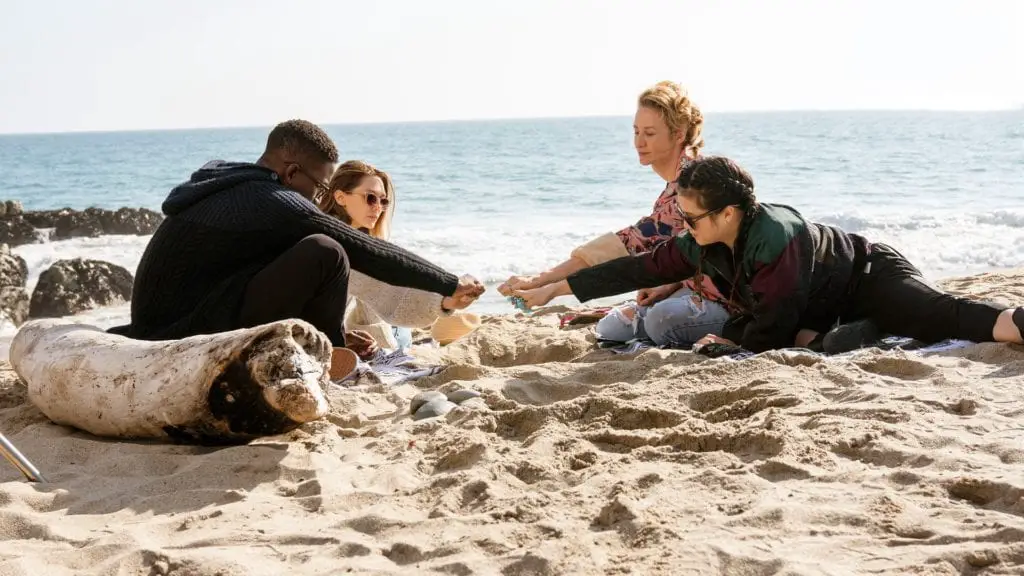
It Represents Real Grief
Anyone who has ever lost someone close to them will know that the process of grieving is not a straightforward one. It is complicated and confusing. The creator of the show, Kit Steinkeller, knows this.
I am amazed by the portrayal of grief in this show. Not just Leigh’s either. Steinkeller doesn’t forget and doesn’t let us forget that everyone in Leigh’s life is grieving Matt as well.
Leigh is not the “perfect widow” when we meet her. She’s crass and angry all the time, and dismissive of other people’s feelings. She goes through so many ups and downs throughout the two seasons of the show. I love that she is not the one you’re always meant to feel for. Sometimes she’s irrational and selfish and you kind of hate her and I love that.
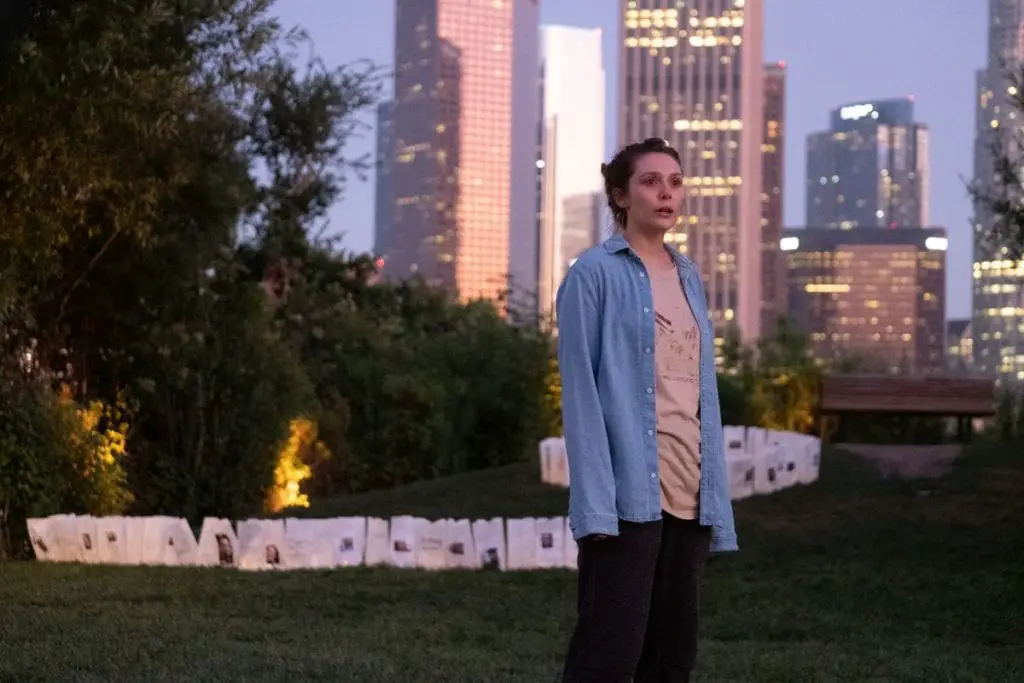
It’s telling that most comments on the episodes are from people who have experienced grief and can relate to what is portrayed. There are moments on it that are so devastating I had to pause to weep properly, but also moments of levity and fun, which showcase how utterly ridiculous grief can also be.
It Knows What Sisterhood Is Like
Likewise, the show is very honest about its portrayal of sisterhood. It’s not like there aren’t sisters who either completely love or completely hate each other, but I feel like those two extremes are the ones we see the most.
Liegh and Jules live in the middle, the place where I feel most sibling relationships I know are (including my own). One day they’re completely in sync with one another, commiserating about mom’s overbearingness and how stupid people get. The next, they can’t stand to see each other, and they throw their worst mistakes in each other’s faces. Like I’ve mentioned before, Elizabeth Olsen and Kelly Marie Tran also have amazing chemistry in this.
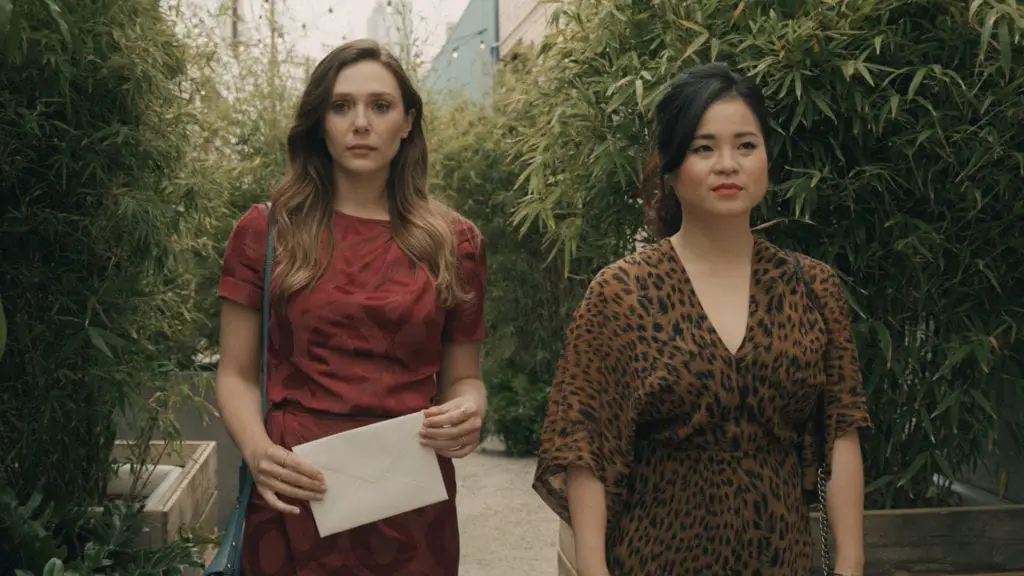
Leigh is too hard on Jules, and gets frustrated seeing her make the same mistakes. Jules is a bit too self-pitying and reacts badly to Leigh’s overcorrecting. I recognize this so much on many oldest/youngest siblings relationships it’s almost uncomfortable to watch sometimes. Ultimately, they love each other and have each other’s backs.
It has LGBT Representation
Little bit of a spoiler, I suppose, but there is LGBT representation in the form of Jules (Kelly Marie Tran’s character). The fact that she is queer is not touched upon at all during the first season, which might make some feel like it was an afterthought.
Personally, I don’t think that’s the case. Leigh is the main focus of the show, which is especially true of season one, where the story mainly deals with her loss of her husband. Everyone else’s story then focuses on their own loss of Matt and their relationship to Leigh.
Jules has a lot going on when the show starts. She struggles to maintain her sobriety after the loss of one of her closest friends (Matt), and the sudden return of her sister, who’s taking up a lot of real estate and attention. I feel like this is a case of “and she also happens to be gay”, which was refreshing to me.
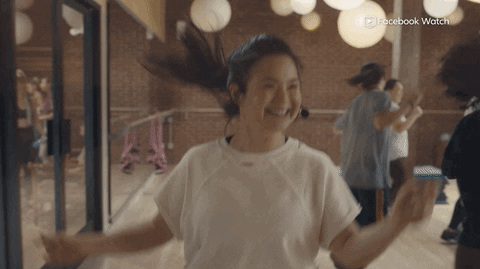
It Showcases Men Dealing with Their Feelings
One thing that I can’t stop raving about (internally, because I know no one who watches this also) is the portrayal of men, and particularly men of color, in this show. Matt and Danny are both three-dimensional characters, just as complex as the central women.
They have completely different ways to deal with emotion, and that is showcased in different moments throughout the show.
Matt is the calm, sensitive one. He struggles with depression and has a hard time communicating to the ones who love him how that feels. Yet he is the best at showing love and tenderness to his loved ones.
Danny is the “fun brother” who just wants to have a good time. In him, the show gets to represent a man who’s not used to expressing any kind of feeling who is now dealing with deep grief. Danny is confused and angry about it all. He is one of the standout characters of the show, and the second season delves into him a lot more.
Leigh and Danny
There is something just. So. Compelling about the relationship between Leigh and Danny from the first time they come on screen together.
Danny never liked Leigh, and felt like Matt was making a mistake when he married her. Now, Leigh is the last person who saw Danny’s brother alive, and he’s the closest connection she has to Matt now. They’re going through similar things, yet completely different ones. Leigh desperately wants to connect with him; Danny just wants her to leave him alone, yet he needs the connection as much as she does.
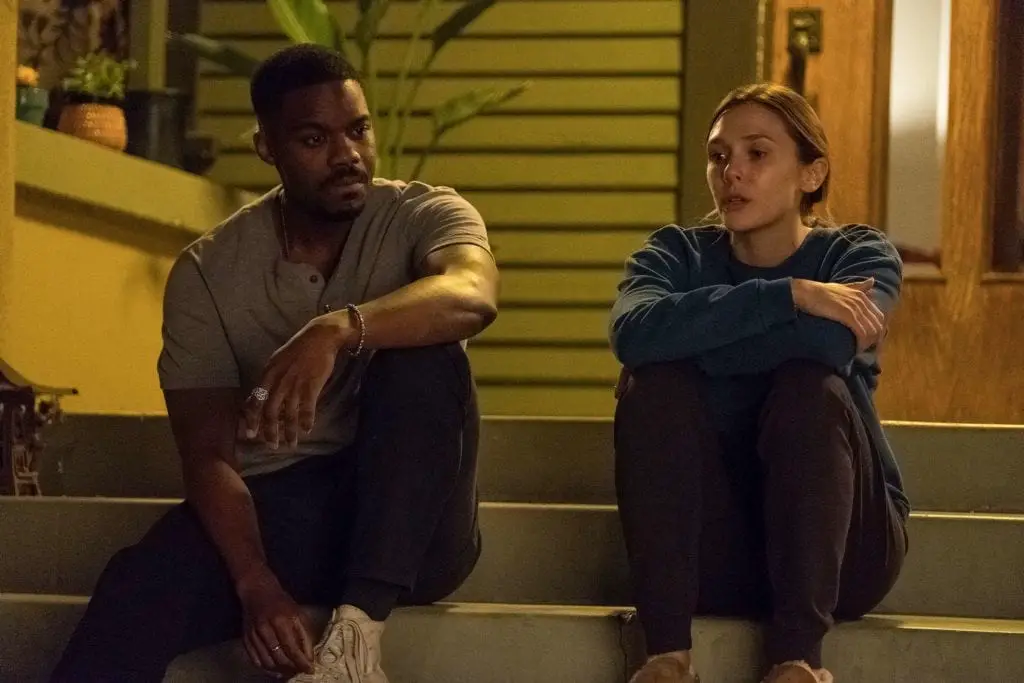
They are at a constant push and pull. The chemistry between the actors is electric with tension (though that’s not to say Elizabeth Olsen doesn’t have chemistry with Mamoudou Athie, they both do!) and as that tension rises, breaks and rebuilds, those two are possibly the best combination on screen. And the second season left off just… Ugh. Kill me now.
The Way It Deals with Memory
Maybe you noticed that I talk about Matt in the present tense. I noticed halfway through the last section, but decided to keep it because that is the way Matt feels to us, the audience, in the series.
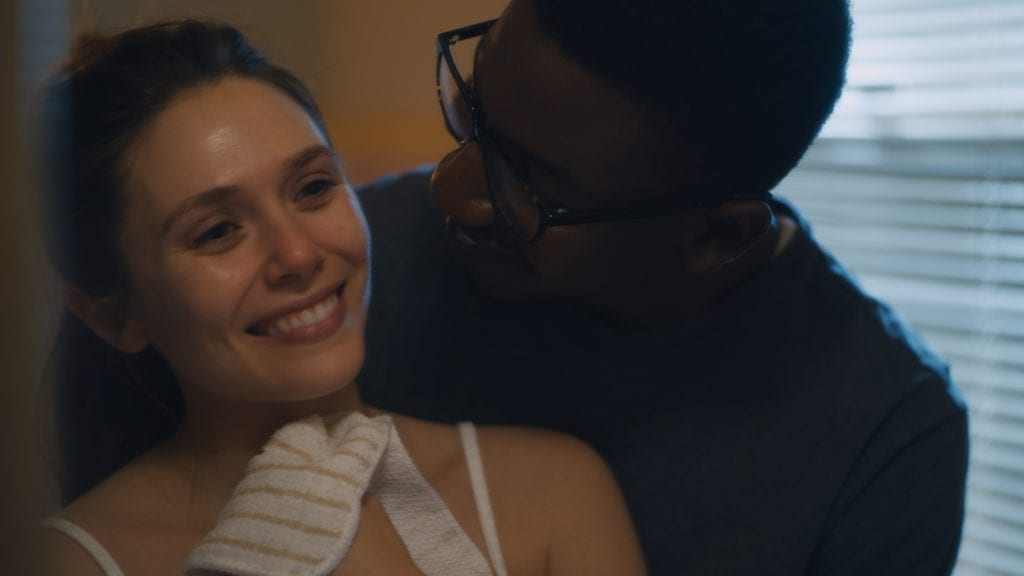
Through Leigh’s, and sometimes Jules or Amy’s memories, we get to know Matt at different moments of his life and relationship with Leigh. Later, in the second season, we delve into Danny’s memories of his brother.
We see Matt through different perspectives and discover a bit more of him with each memory. Yet the writing also makes it clear how hazy and selective memory can be. Leigh learns more about Matt through other characters’ memories. Her relationship with the memory of Matt shifts and changes–loving, angry, devastated, guilty.
It’s Free
Last but not least, a reason you should watch Sorry for Your Loss is that as of the date of publication, it is free on Facebook Watch.
This may seem like a shallow reason, but in a world with an increasing number of streaming services wanting to take your money, I certainly appreciated finding out this one was free and available in my country (a rarity!)
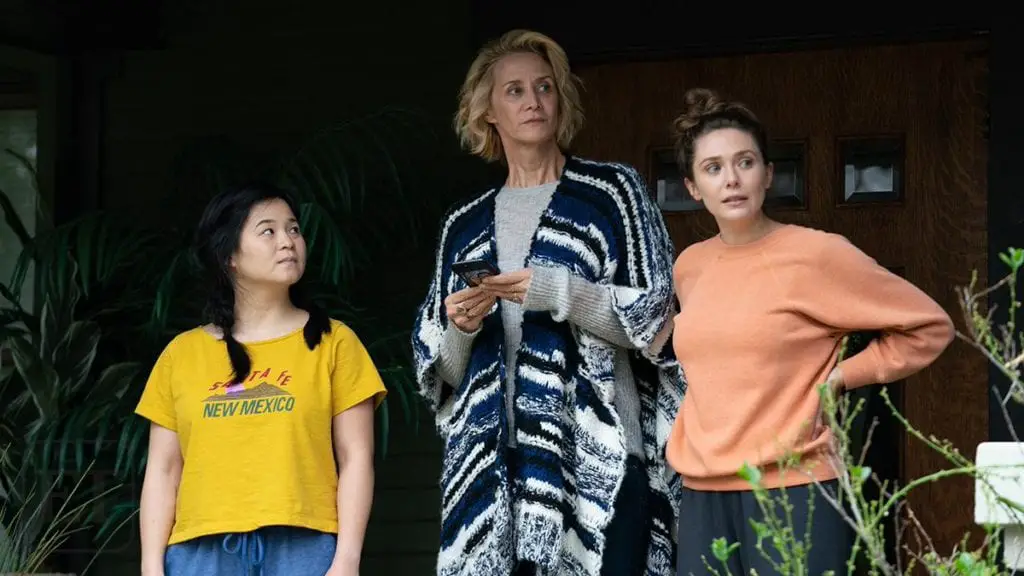
—
So there you have it. My case for everyone watching Sorry for Your Loss. Great acting, great writing, some laughs, lots of cries. I tried my darndest to spoil as little as possible, but I hope it is enough to pique some interest. It is overall a great little show, sadly underappreciated. Another bonus reason for watching it is so you can talk about it with me! I am starved of talking about this show.

